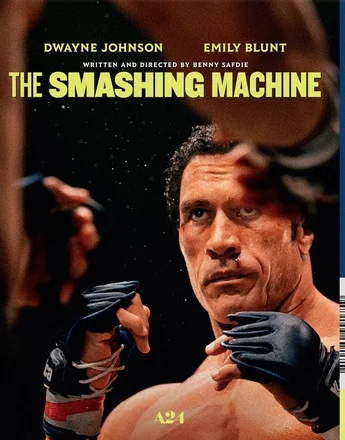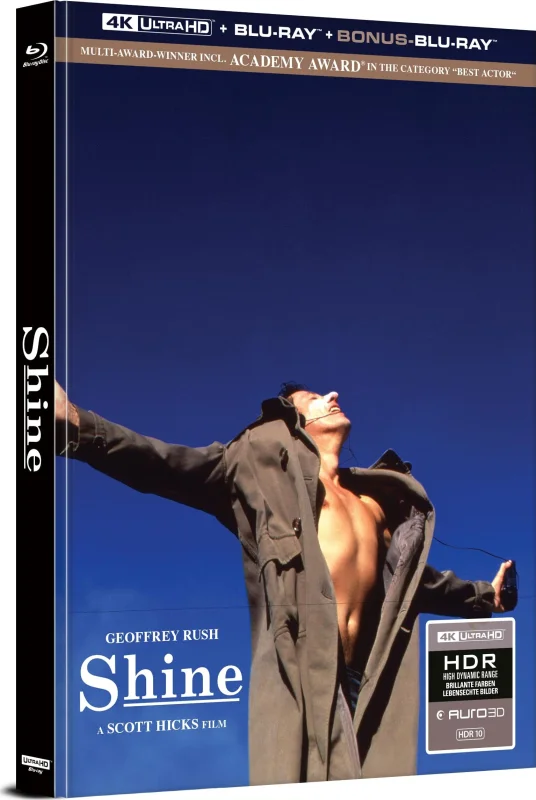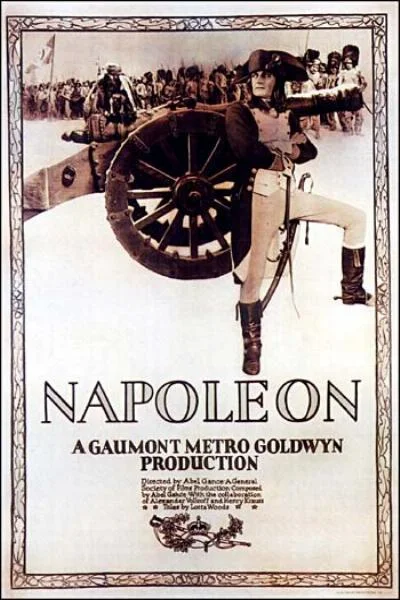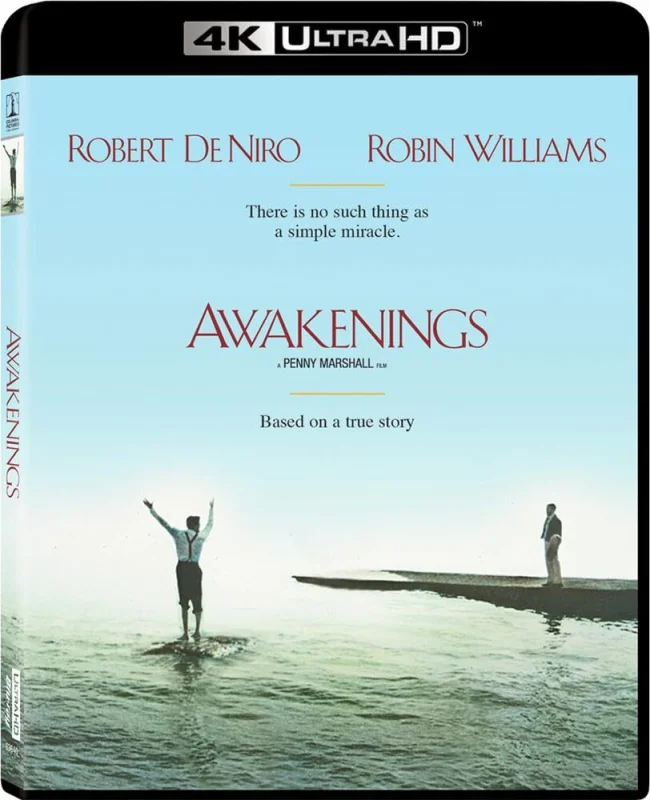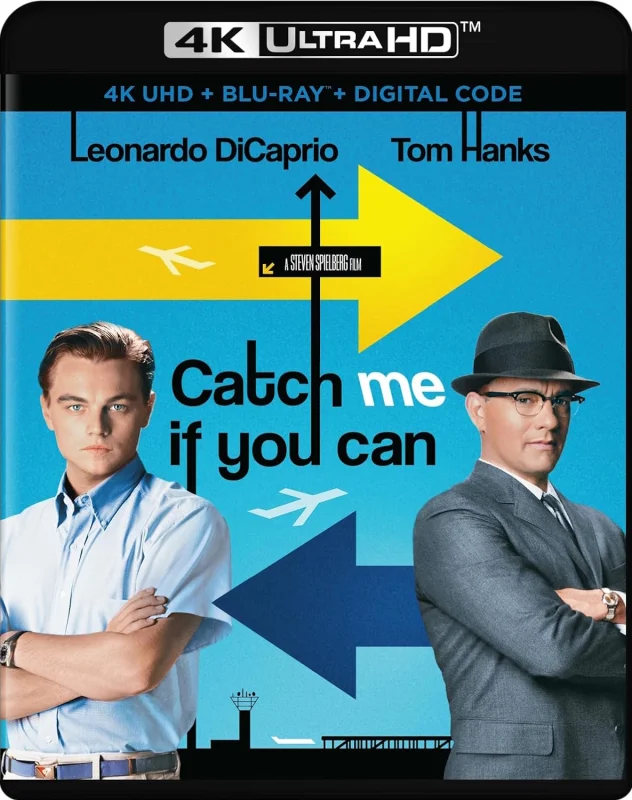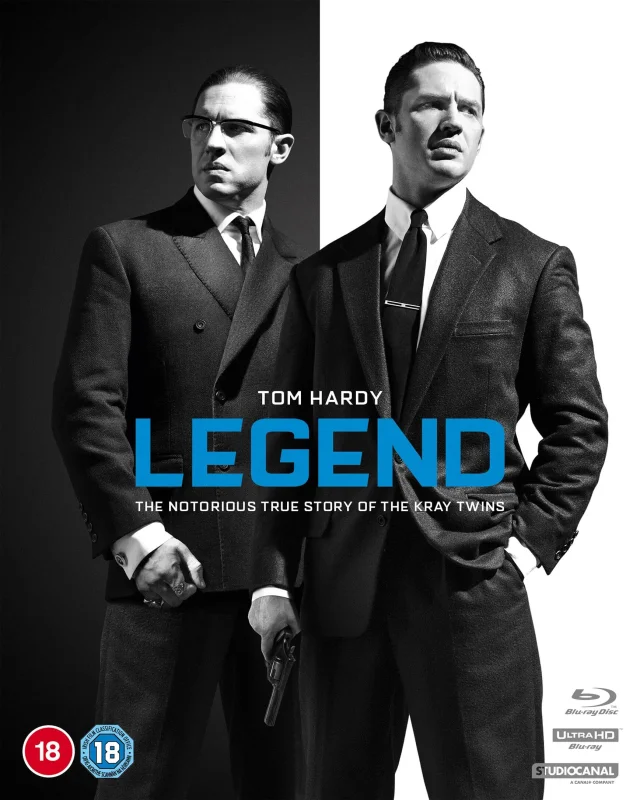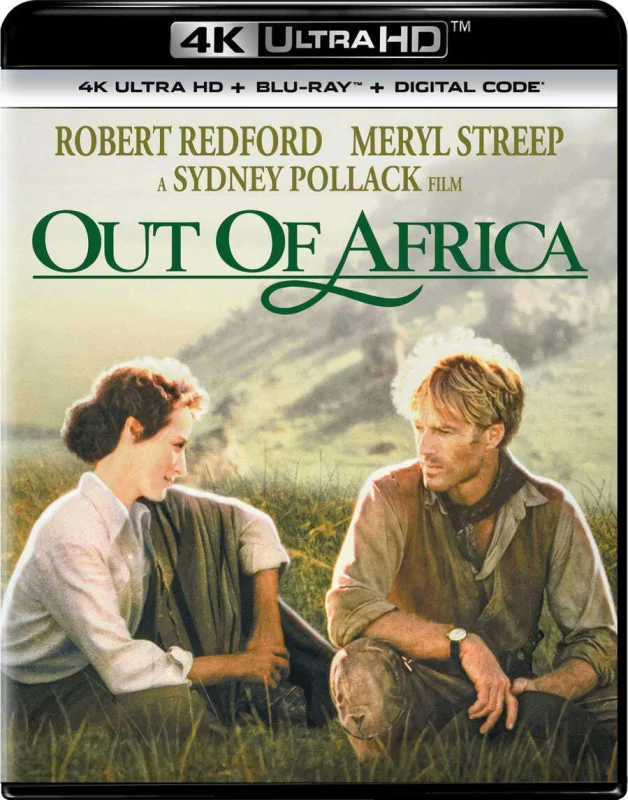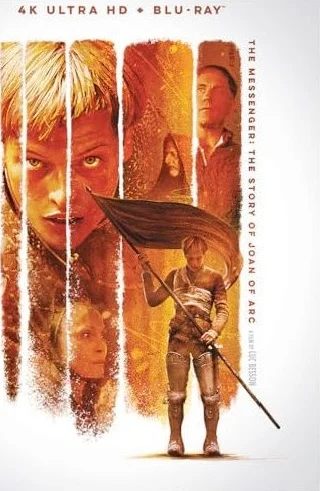
The 15th century. Joan of Arc finds her home village in flames. Invaders rape and kill her older sister. Jeanne goes to Chinon to the Dauphin Charles to ask to join the army. The pious young maiden receives a detachment of soldiers and inflicts several defeats on the English and lifts the siege of Orleans. The name of Joan of Arc is on everyone's lips, the soldiers believe in her and are ready for new feats.
